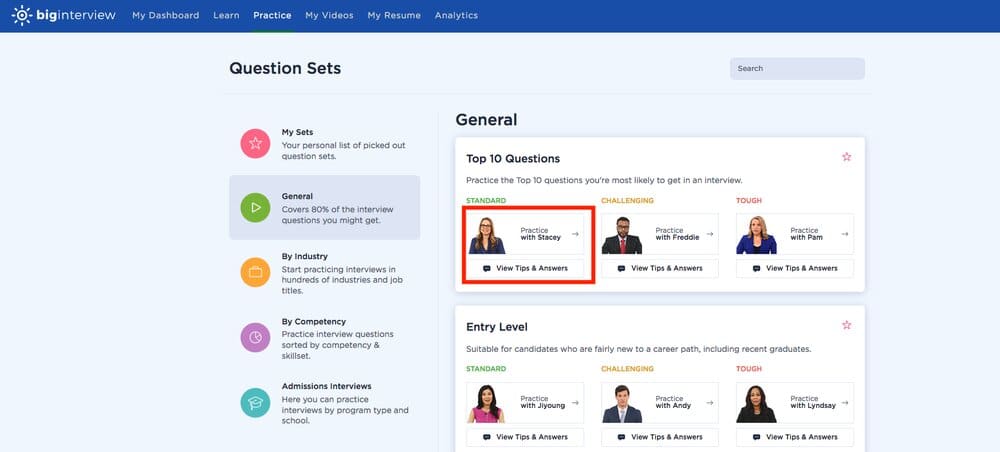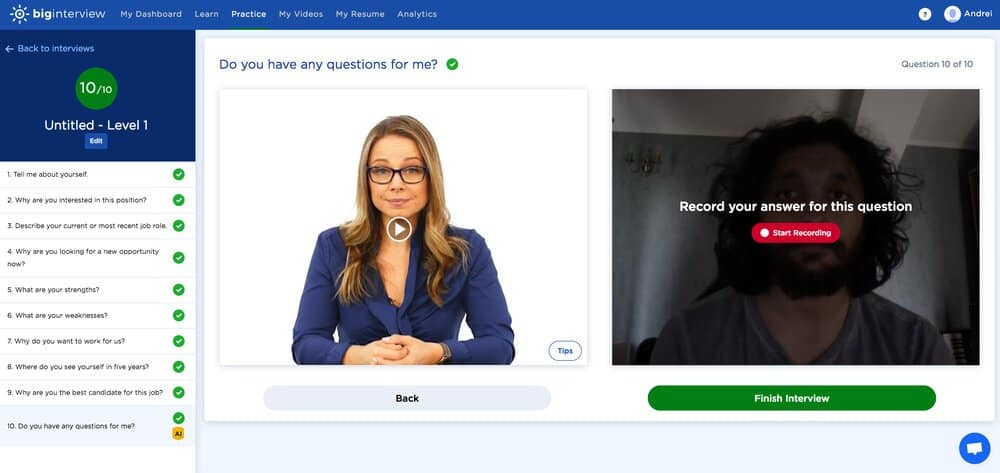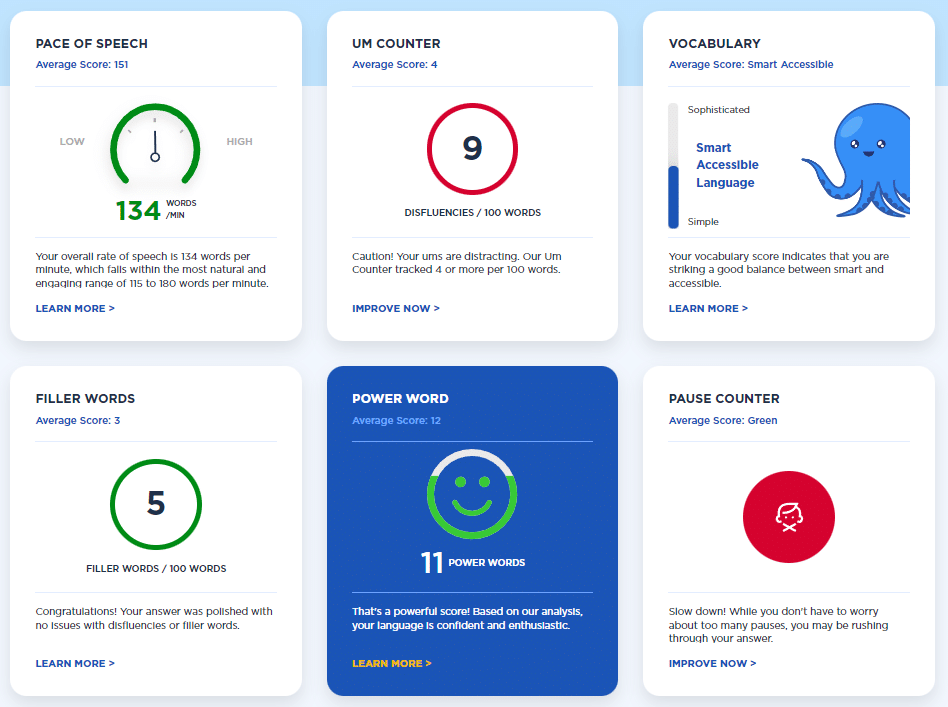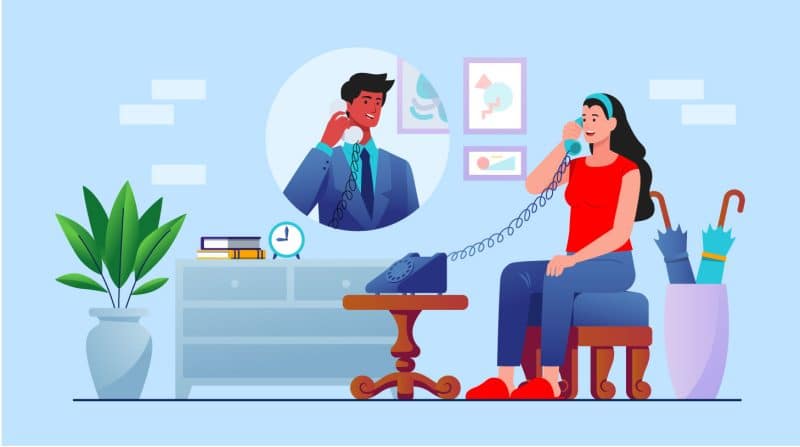For employers, bringing in candidates for an interview based solely on their resumes and cover letters is time-consuming and in some cases expensive. This is where the phone interview comes into play.
It’s mainly used as an initial sorting device that determines which applicants are worth an invitation to a face-to-face meeting. Don’t take this part of the interview too lightly. Bear in mind that it can be a make-or-break situation.
Not sure what to expect in a phone interview? Basically, a recruiter or a hiring manager will ask specific questions about your job history or your past projects to ensure that you’re being honest in your resume and that you’re truly qualified for the position.
Job seekers should prepare for a phone interview as seriously as they do for an in-person one. A seemingly cursory phone interview is actually the most important step. If you don’t ace it, you simply won’t get closer to getting hired.
If you’d like to learn how to ace the phone interview, keep reading this article!
How to Prepare for a Phone Interview
Phone interviews aren’t that different from regular ones – practice makes perfect. Here are some things you need to do before you get the call.
1. Prepare to answer interview questions
We recommend that you do some research on the most common questions asked during an interview and use your phone (or any other device with the same functions) to record yourself while you answer them. After that, analyze your answer and look for ways to improve your pace of speech, body language, use of filler words, and overly long pauses. Recruiters will look for red flags, so this is a great opportunity to spot and work on them before your call.
If there are employment gaps in your resume, get prepared to address them properly. Explain that you were working on a passion project which yielded some financial rewards, but ultimately, you enjoy working in a team environment more.
2. Keep your resume close at hand
You should have a physical or digital copy of your resume, cover letter, and any emails from your interviewer close to you. Since this isn’t a regular interview, in which you’d use certain non-verbal tactics to stand out, you can be free to look at your resume throughout the call, instead of studying it beforehand to recall key points.
3. Have questions at the ready
As with any interview, you should have done your research on the company and should have a list of phone interview questions ready. You have the advantage of writing these questions down and having them in front of you during the call. Preparing a few questions to ask your interviewer will show that you are curious and excited about the position and that you want to know more about your employer.
4. Clear out your environment
The phone interview should be conducted in a quiet place in your home. Send the pets, kids, and other distractions out of the room. This space should be as controlled as possible, and you should have no fear of any distractions or unanticipated interruptions.
5. Make time
Set aside plenty of time for your conversation — even if you expect the phone interview to be brief. Most phone interviews last 15-20 minutes, but if you end up hitting it off with the interviewer, the last thing you want to do is have to cut them off.
Practice Your Phone Interview
It’s paramount that you don’t throw yourself head-first into a call with a potential employer. You’ll need some practice, especially if it’s your first time or you’ve been interviewed by phone before and you feel you could’ve done more to get an invitation to a face-to-face meeting.
Big Interview has a very cool tool that can help with that. It’s called the Mock Interview Simulator and you can use it to record yourself as you answer questions or rehearse walking an interviewer through your resume and job history.
The website is super user-friendly and easy to navigate. Simply sign in, go to Practice, and select Practice Interviews.

Then, choose General Start Here, if this is your first time. It’s best to begin with the section that covers 80% of the interview questions you might get, but feel free to explore!

Your next step would be to choose your interviewer. Let’s go with Stacey for now.

After a few calibrations to make sure that the Artificial Intelligence Feedback feature works properly, you’re ready to choose any question and record your answer.

Make sure to speak for more than 1 minute to get accurate feedback on your pace of speech, vocabulary, use of filler and power words, and the number and length of the pauses you’ve used.

To make it fun and to make sure you know when you’re improving, we’ve even included a Gold, Silver, or Bronze rating!
What to Do During a Phone Interview
After you’ve made all the necessary preparations, it’s time for the actual call. It’s okay to be a little nervous. This is an important call, but you’re going to do great! Take a breath or two to steady yourself.
Avoid eating, chewing gum, and smoking. An occasional sip of water to prevent dry mouth is okay. You may want to stand during the phone interview. A standing posture can help you feel more confident and strong, which interviewers will notice.
During a phone interview, it’s also crucial that you:
1. Smile
This one might seem silly, but enthusiasm in your voice shines through on a call like this, and the interviewer will notice. Because you can’t rely upon the facial expressions and body language that speak for you in a face-to-face interview, you have to get your personality and eagerness across with just your words and your vocal quality. A small gesture like smiling while you speak will help to communicate enthusiasm.
2. Be Honest
If you’re interrupted, despite your best efforts to prevent distractions, communicate this to the interviewer and do whatever you can to return your full attention to the call as quickly as possible. Being honest, instead of hiding a blunder or faking attention, could earn you style points.
3. Speak Up
The phone interview is usually about screening candidates and validating resumes. The questions may be easier to answer than those in an in-person interview. However, that doesn’t mean you shouldn’t be engaged in the process. You have to impress the interviewer on the phone before you get your shot at meeting a decision-maker in the flesh.
Keep your answers short and to the point but don’t be afraid to speak at length about something you’re passionate about. Answer questions with a storyteller’s panache whenever you feel you can. However, don’t drag the conversation on if you sense that your interviewer is trying to move on to the next topic.
Remember to ask the questions that you’ve prepared for them and, if there’s time, also ask some follow-up questions to indicate that you’ve applied for the job not only for financial reasons but also out of passion.
4. Say Thanks
Of course, a thank you note is imperative, but the difference here is the time frame. You won’t need to commute after this interview, and your ‘thank you’ should come within minutes or a couple of hours, not a full day, after the interview.
Your mission is to score the in-person interview, and a successful phone call can establish a firm foundation for what could become a job offer.
Once the Phone Interview is Over
After you hang up, open up a Word file, or Google Doc, or grab your pen and paper and jot down a few notes. Write down the questions that you were asked so you can use them to practice for your next phone interview or in-person interview.
You should also make note of how you answered the questions. Which questions did you nail? Which ones stumped you? Analyzing your performance will help you improve next time.
After reviewing the tips above, you should be prepared to wow any recruiter or hiring manager during a phone interview.
Good luck!
